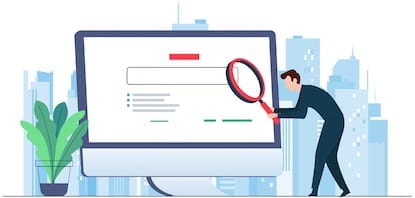How does it feel to miss substantial parts of conversations and information?
Are you up for a challenge?
Have a read of the history of Hearing Ambassadors, and see if you would be able to answer the questions below.

Now do your best to answer these questions.
-
On what date did the initial ideas for Hearing Ambassadors start to form?
-
Why was the meeting room difficult for people to hear well?
-
What are Dimensions Cafés?
-
Why did Andrew nod and smile?
Do you feel that you were able to confidently answer the questions based on what you were able to read?
The impact of hearing loss is described as one of 4 different levels – Mild, Moderate, Severe or Profound
In our example above, about 25% of the text is missing. This might be a representation of mild hearing loss.
Yes, it is possible to guess many of the missing words but it is not possible to guess everything. People with hearing loss are constantly trying to follow what is being said by listening carefully, watching lip shapes, and following facial gestures. We would definitely get very tired and irritable if everything that we wanted to read was like our redacted article, and it is no wonder that fatigue and irritability are amongst the common signs of hearing loss.
When we can hear well, we take our hearing for granted. We simply don’t realise just how much we rely on our hearing for our daily interaction with others yet the truth is that hearing loss can be the most isolating disability.
If you would like to read the full unredacted text, please click here.
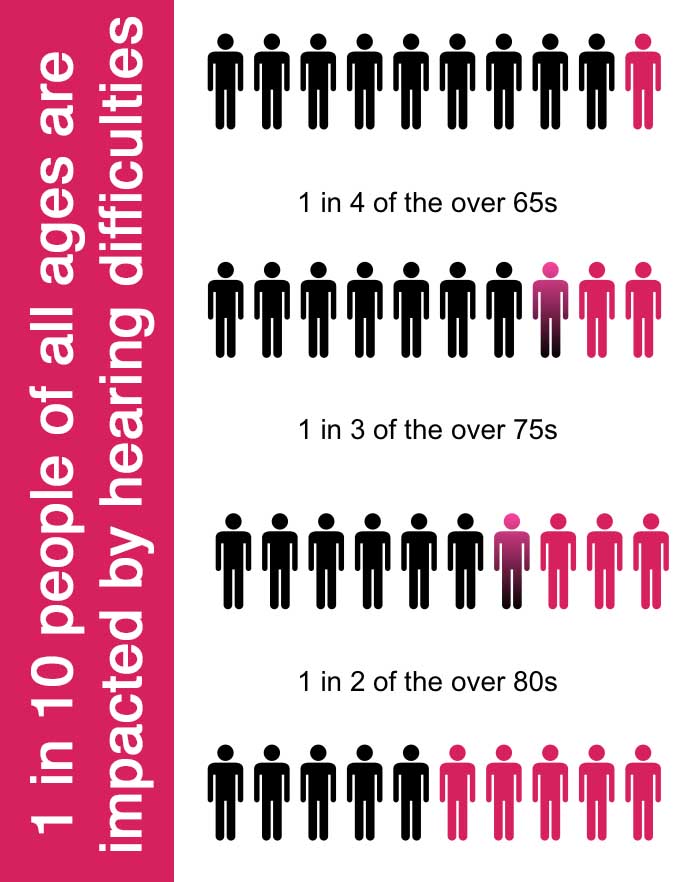 At Hearing Ambassadors, we want to raise awareness about how important hearing is to our ability to interact with the people around us.
At Hearing Ambassadors, we want to raise awareness about how important hearing is to our ability to interact with the people around us.
We want to encourage people to seek out ways to ensure that their friend, colleague or family member with hearing loss feels included, valued and understood and that their hearing ability should not be a barrier to them taking part in normal social interactions.
We might not speak about it too much but studies suggest that there are about 11 million people in the UK with some form of hearing loss and at least 1 in 10 people have some a problem in going about their daily lives due to difficulties in hearing. The older we are, the greater the incidence.
Hearing difficulties can affect general health
What many people don’t realise is the close association between hearing health and overall health and well-being. Some of the common signs of hearing loss extend beyond what you might expect, and you might that some of the following scenarios are regular experiences –

Feeling tired from having to concentrate so hard while listening to others. Feeling tired from having to concentrate so hard while listening to others.

Avoiding social situations that were once a source of enjoyment. Avoiding social situations that were once a source of enjoyment.
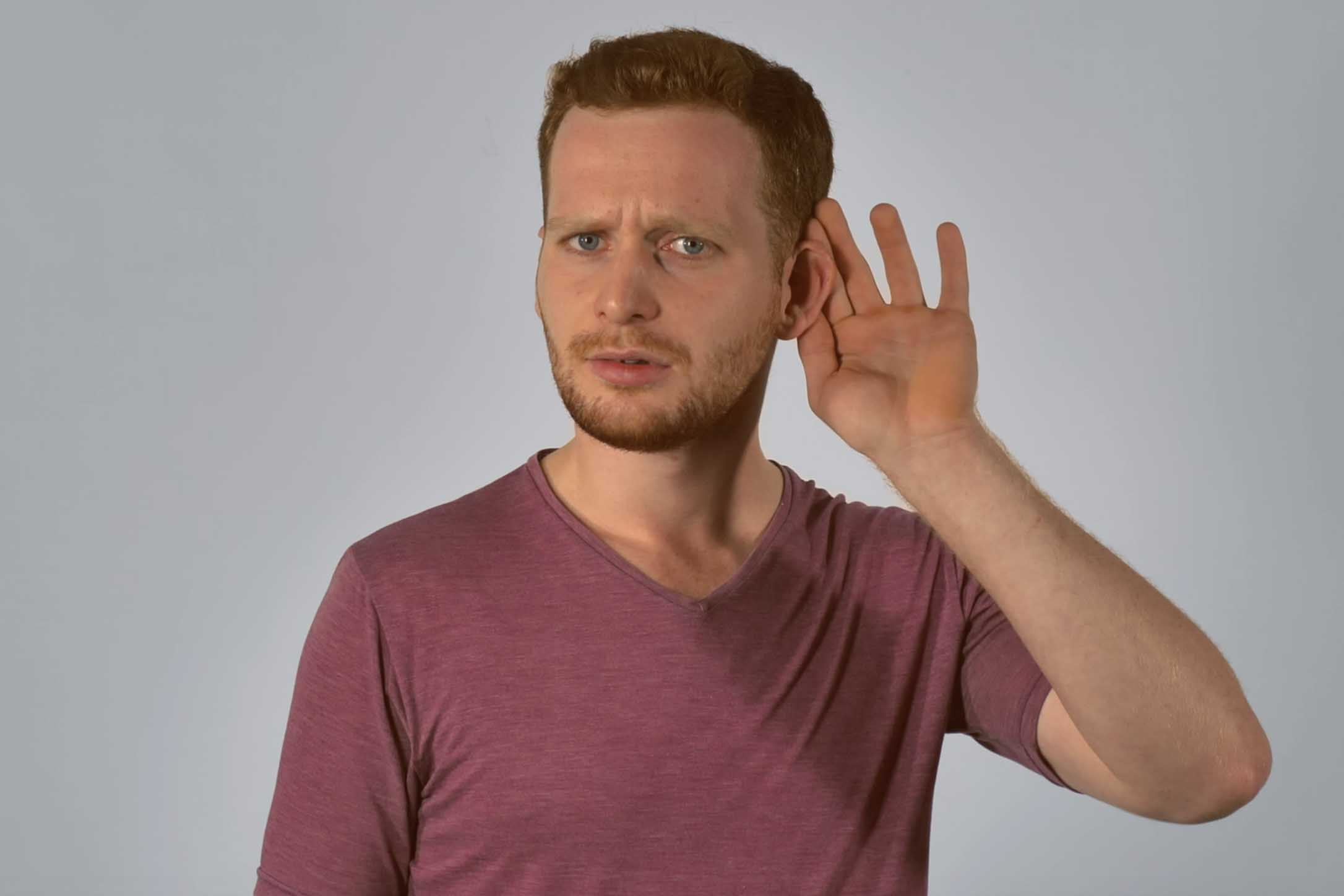
Feeling that important information has been missed or forgotten. In actual fact, the information was never heard in the first place.

For those living with dementia, studies suggest that the progress of the disease can be much faster if it is also accompanied by undiagnosed hearing loss.
Did you know?
Studies show that from first noticing that there might be a problem to seeking help takes an incredible 5-7 years.
If someone you know seems tired, irritable, or depressed, it may be that they are experiencing hearing loss. Perhaps they:
-
- Have trouble hearing the telephone
- Turn up the volume on the TV
- Find it difficult to follow conversations
They may not yet have sought professional help. Now might be the time to suggest that they look at the NHS web site and talk to their GP.
There may be no cure for their hearing loss but there are many positive ways that, you, as a Hearing Ambassador, can make a difference to help them to feel valued, included, and understood.
Have you ever considered that your friend or family member could be struggling with experiences and feelings like this?

Jack Ashley, MP and disability campaigner famously said,
_______
_______
_______
What is Hearing Loss like?
There is a wealth of information on the internet which has been produced by the NHS and the major charities like RNID and Hearing Link which describe how our hearing works. Hearing is a very complex process, and everyone’s hearing ability is different.
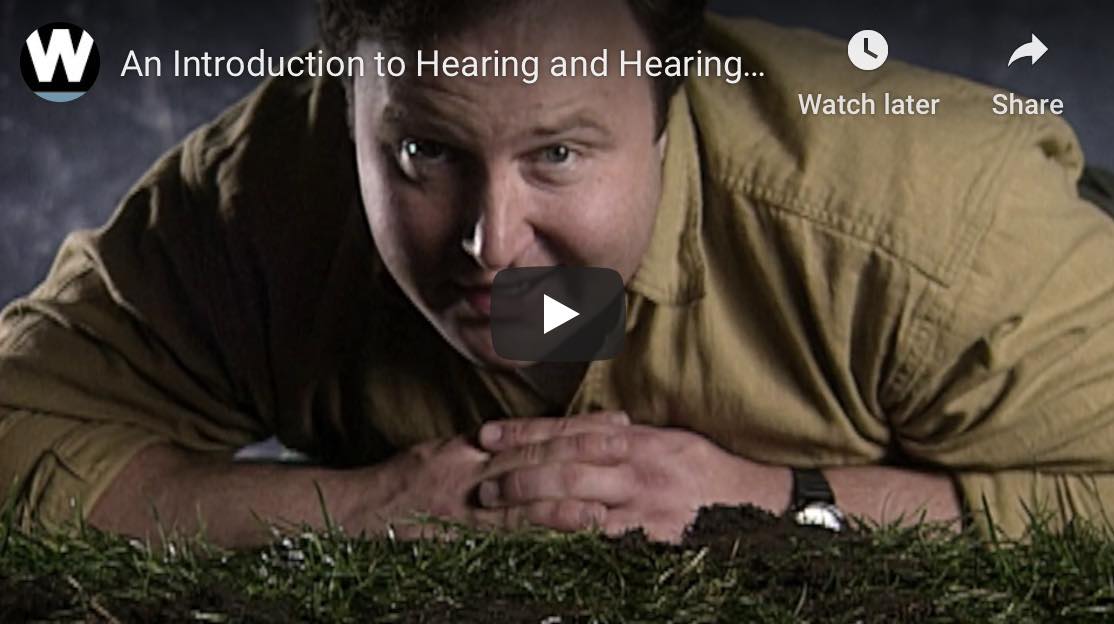 We have been given permission by Worksafe BC to share their video called “An Introduction to Hearing and Hearing Loss” It is a few years old now, but we found it fun, informative and interesting, and one of the best explanations that we have seen. We hope you will too. You can view it here on our video page.
We have been given permission by Worksafe BC to share their video called “An Introduction to Hearing and Hearing Loss” It is a few years old now, but we found it fun, informative and interesting, and one of the best explanations that we have seen. We hope you will too. You can view it here on our video page.
Are there any old hearing aids hanging about your house?
Have you thought about recycling old private hearing aids? Whilst NHS hearing aids should be returned to the NHS, an audiologist may be able to recycle old, unwanted equipment. Sound Seekers are an organisation that recycles private hearing aids to some of the poorest communities in the developing world.
Follow this link to find out more – https://www.sound-seekers.org.uk
What Can You Do?
We believe that there are many everyday things that you can do when you are talking with someone who is hard of hearing. Here are some simple things that you can do to help your friend. Some may feel that they are totally obvious. However, it is often the case that these helpful communication basics are forgotten at the very moment they are needed.

Get their attention and turn your face towards the person with hearing loss when you speak
Speak clearly with normal lip movements.
If they haven’t understood what you have said, try saying it in a different way. If it is really important, write it down.
Don’t mime.
Don’t use exaggerated gestures.
Don’t shout. Shouting can be uncomfortable for a hearing aid wearer.
 Whilst you may be doing your best to say things clearly, your deafened friend will have to concentrate really hard when listening to you and and watching your lip movements and gestures. If they have had a busy day with interactions with people who are less thoughtful than you, it is very likely that they will feel tired from having to concentrate so hard.
Whilst you may be doing your best to say things clearly, your deafened friend will have to concentrate really hard when listening to you and and watching your lip movements and gestures. If they have had a busy day with interactions with people who are less thoughtful than you, it is very likely that they will feel tired from having to concentrate so hard.
They will need to take time out perhaps by closing their eyes for a while or sitting in a favourite chair or room.
Please be understanding when your friend needs time out and ensure that you do not disturb them.
 In social situations, you may need to make sure that your friend is included in the conversation. Think about what you can do to draw them into the conversation.
In social situations, you may need to make sure that your friend is included in the conversation. Think about what you can do to draw them into the conversation.
You may need to act as their ears and relay information to them if they are having difficulty following the conversation.
You may also notice that they are becoming tired and may be able to suggest they take a break by changing scenery, etc.
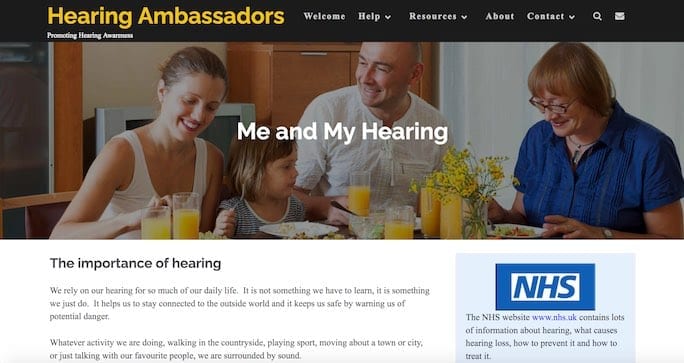 We hope your friend will benefit from the information on this website. The ‘Me and My Hearing‘ section has been created with them in mind.
We hope your friend will benefit from the information on this website. The ‘Me and My Hearing‘ section has been created with them in mind.
They might also be interested in our ‘Tips to Help You if You Have Hearing Loss’ or the Personal Stories, Videos, and links to charities and support groups which you can find in the Resources section.
 There really is a wealth of information and help out there!
There really is a wealth of information and help out there!
The major charities have a huge array of information available about how hearing works, hearing loss, support groups, lipreading, and a range of assistive technology.
A great place to start to find out about what is available in terms of help and advice is to go to our Resources section where you will find many helpful links.
 Getting used to hearing aids requires perseverance as they are not an instant cure for hearing loss & may take some time to get used to e.g. at first some everyday sounds like the rustling of a newspaper may seem exaggerated & speech may not seem clear. But with your encouragement, and their perseverance, in time, your friend will get used to them.
Getting used to hearing aids requires perseverance as they are not an instant cure for hearing loss & may take some time to get used to e.g. at first some everyday sounds like the rustling of a newspaper may seem exaggerated & speech may not seem clear. But with your encouragement, and their perseverance, in time, your friend will get used to them.
Please do have a read of Geraldine’s story and visit Hearing Link’s site for some helpful advice.
More information
There are several national organisations which are free to use and provide advice about living well with hearing loss and tinnitus, whatever your age. The major ones are:
National Health Service www.nhs.uk
RNID https://rnid.org.uk
Hearing Link www.hearinglink.org
British Tinnitus Association www.tinnitus.org.uk
Our Resources section has a wealth of information for you, your friends/family and your organisation. We include charities, support groups, classes, campaigning organisations, recycling and much more.

We welcome your feedback on this page!
What do you like ?
What else would you like to see ?
What improvements can we make ?
Please let us know by contacting us.

